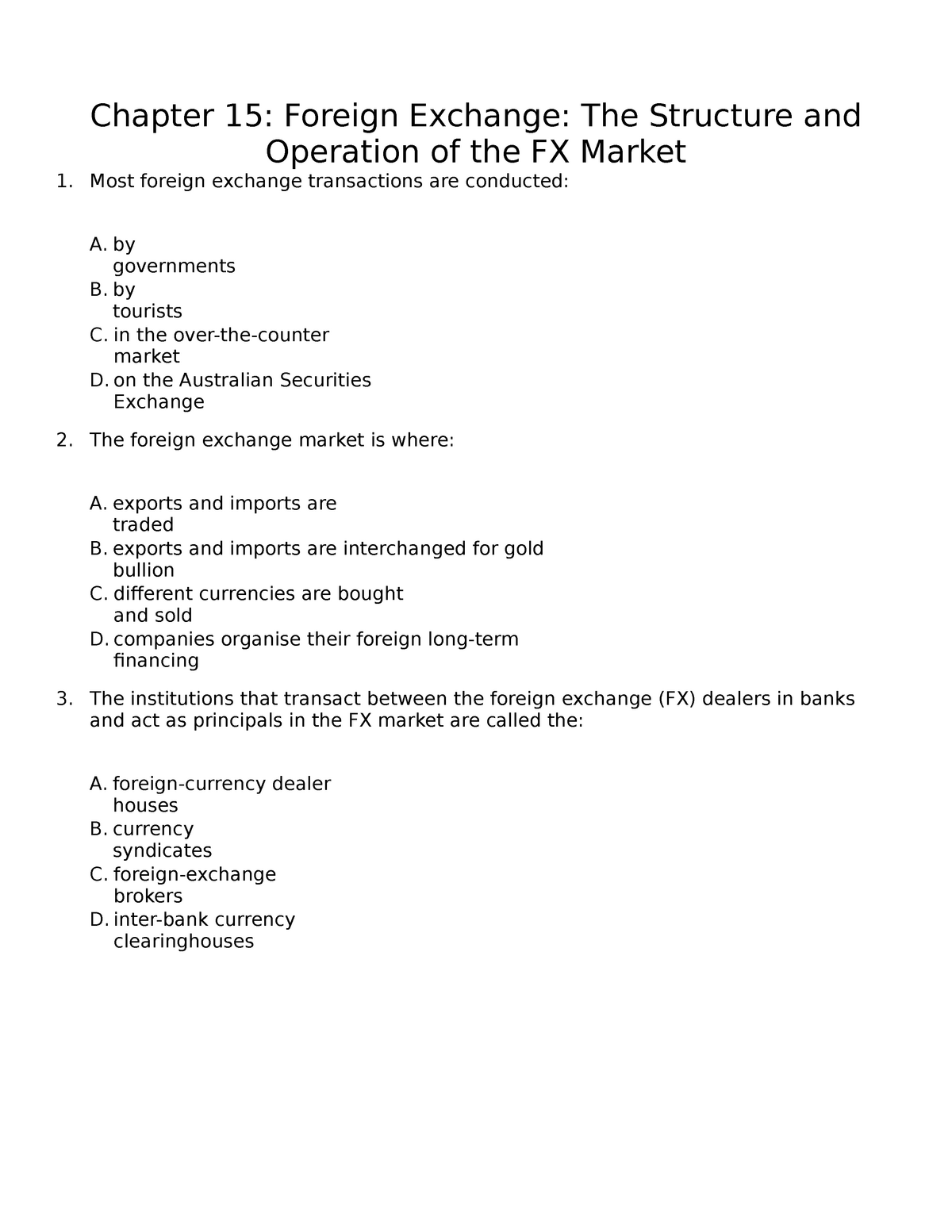
Dividends from REITS are not based on earnings; instead, they are based on cash flow statements. This information is used to calculate the taxable income. The taxation of dividends from REITs varies depending on the type. Operating profit dividends for example are subject to the marginal tax rate of an individual investor.
Taxes on 199A dividends
Special tax treatment may be available for section 199A-dividend recipients. This tax treatment lowers tax on dividends paid after December 31, of the tax year. A section199A Dividend is a portion or all of the dividends that you received in a particular year. The excess reported amount minus the amount deductible for ordinary dividends of REITs is deductible.

Section 199A provides a tax break that allows you to take 20% off qualified business income, or qualified REIT dividends. The deduction is not based on high-income thresholds, and is only available to certain types of businesses.
Income tests
REITs have different rules, depending on what assets they have. An example of an equity REIT is one that owns income-producing real property. On the other hand, a mortgage REIT purchases high-interest mortgages secured by real property or other securities. The rules for REITs must be followed by a mortgage REIT. These REITs have their own unique set of problems, including taxation on loan origination and loan servicing income, the sale of mortgaged real property, and phantom income.
To remain tax-favored, REITs must meet the income tests each year. The REIT must earn at least 75 percent of its income from real property. Moreover, the REIT must meet the income tests even if it acquires new properties or continues operations of existing properties. This means that REITs must carefully monitor all sources of income, tax-deferred or otherwise, from their REIT properties.
Assets
REIT dividends must satisfy a series of requirements to be eligible for tax-favored status. These criteria must be met at both acquisition and operation. A good manager will make sure that a REIT fulfills these requirements. REITs can keep their tax-favored status by properly managing and analysing assets.

The first thing to consider is whether a REIT can prove it has sufficient real-estate assets to be deemed a REIT. These assets include real property and interests in mortgages on real property. To qualify as a REIT, a REIT must have at least seventy-five per cent real estate assets.
FAQ
How Do People Lose Money in the Stock Market?
The stock exchange is not a place you can make money selling high and buying cheap. It's a place where you lose money by buying high and selling low.
The stock market is for those who are willing to take chances. They may buy stocks at lower prices than they actually are and sell them at higher levels.
They believe they will gain from the market's volatility. But if they don't watch out, they could lose all their money.
What's the difference between marketable and non-marketable securities?
The key differences between the two are that non-marketable security have lower liquidity, lower trading volumes and higher transaction fees. Marketable securities, however, can be traded on an exchange and offer greater liquidity and trading volume. Because they trade 24/7, they offer better price discovery and liquidity. There are exceptions to this rule. For instance, mutual funds may not be traded on public markets because they are only accessible to institutional investors.
Non-marketable securities can be more risky that marketable securities. They generally have lower yields, and require greater initial capital deposits. Marketable securities are generally safer and easier to deal with than non-marketable ones.
For example, a bond issued by a large corporation has a much higher chance of repaying than a bond issued by a small business. This is because the former may have a strong balance sheet, while the latter might not.
Marketable securities are preferred by investment companies because they offer higher portfolio returns.
What role does the Securities and Exchange Commission play?
SEC regulates securities brokers, investment companies and securities exchanges. It enforces federal securities laws.
What is a REIT?
An REIT (real estate investment trust) is an entity that has income-producing properties, such as apartments, shopping centers, office building, hotels, and industrial parks. These publicly traded companies pay dividends rather than paying corporate taxes.
They are very similar to corporations, except they own property and not produce goods.
Statistics
- Our focus on Main Street investors reflects the fact that American households own $38 trillion worth of equities, more than 59 percent of the U.S. equity market either directly or indirectly through mutual funds, retirement accounts, and other investments. (sec.gov)
- US resident who opens a new IBKR Pro individual or joint account receives a 0.25% rate reduction on margin loans. (nerdwallet.com)
- The S&P 500 has grown about 10.5% per year since its establishment in the 1920s. (investopedia.com)
- "If all of your money's in one stock, you could potentially lose 50% of it overnight," Moore says. (nerdwallet.com)
External Links
How To
How do I invest in bonds
An investment fund, also known as a bond, is required to be purchased. Although the interest rates are very low, they will pay you back in regular installments. This way, you make money from them over time.
There are several ways to invest in bonds:
-
Directly purchasing individual bonds
-
Purchase of shares in a bond investment
-
Investing through an investment bank or broker
-
Investing through financial institutions
-
Investing via a pension plan
-
Directly invest with a stockbroker
-
Investing with a mutual funds
-
Investing in unit trusts
-
Investing via a life policy
-
Investing through a private equity fund.
-
Investing through an index-linked fund.
-
Investing via a hedge fund